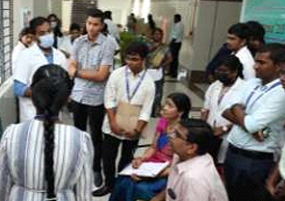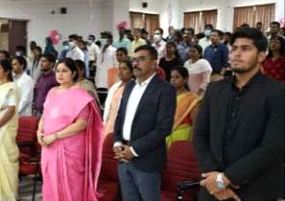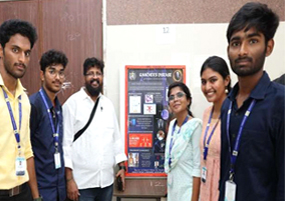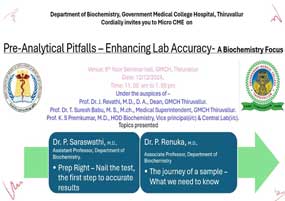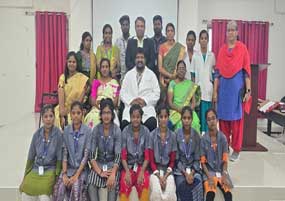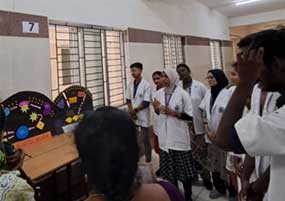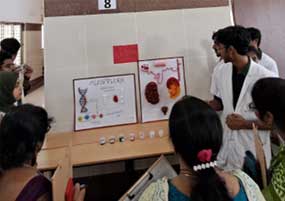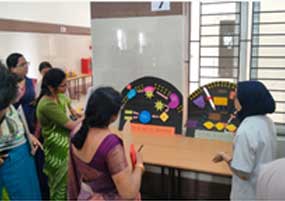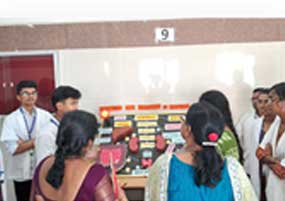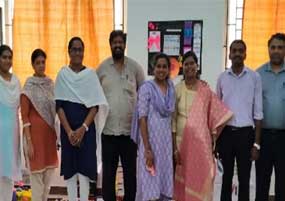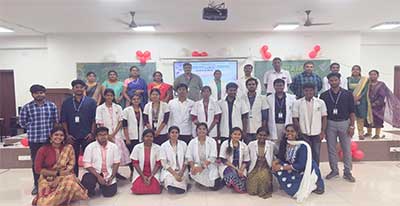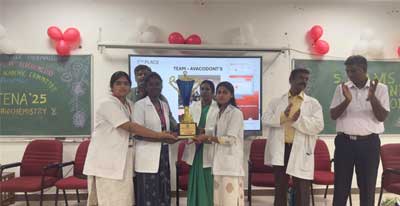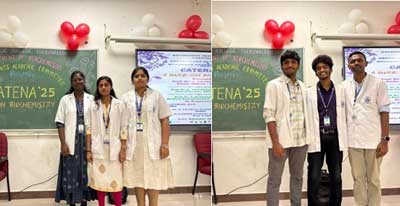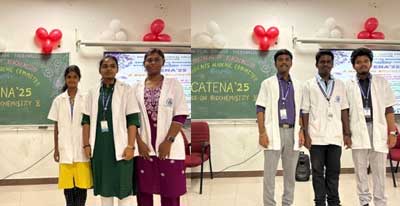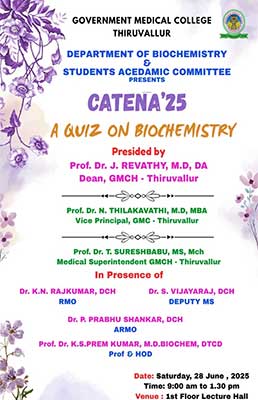CATENA 23 -INAUGURATION
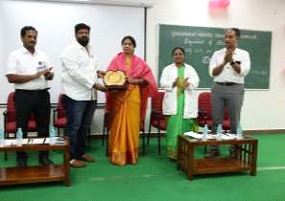
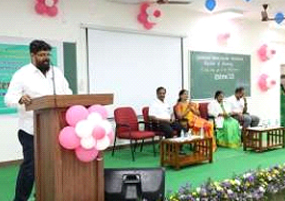
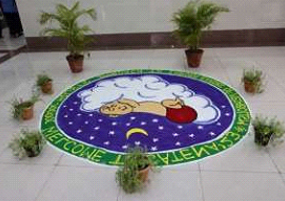
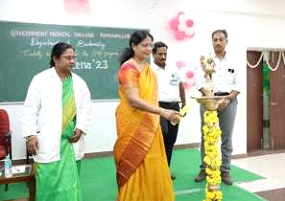
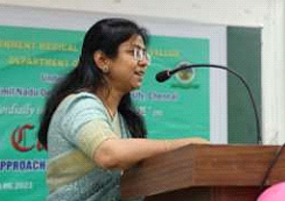
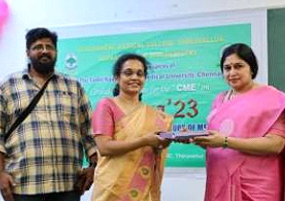
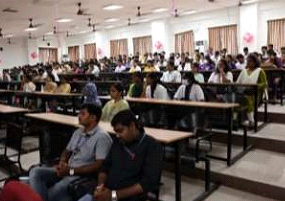
| S. No. | NAME | QUALIFICATION | DESIGNATION | REGN No. | PHOTO |
| 1 | Dr. K S Premkumar | MD (BIOCHEMISTRY) | PROFESSOR & HEAD OF THE DEPARTMENT | 56403 | 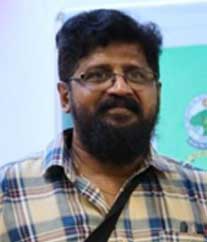 |
| 2 | Dr.P. Renuka | MD (BIOCHEMISTRY) | ASSOCIATE PROFESSOR | 93762 | 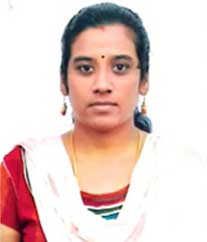 |
| 3 | Dr. Arthur Amit Suryakumar | MD (BIOCHEMISTRY) Fellowship in Genetic Diagnostics(CMC Vellore) | ASSISTANT PROFESSOR | 99455 | 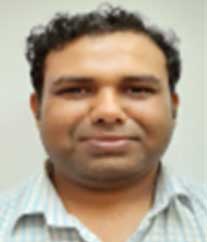 |
| 4 | Dr.Keerthi.P | MD (BIOCHEMISTRY) | ASSISTANT PROFESSOR | 117722 | 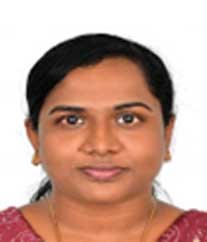 |
| 5 | Dr. Logapriya R S | MD (BIOCHEMISTRY) Fellowship in Genetic Diagnostics(CMC Vellore) | SENIOR RESIDENT | 107596 | 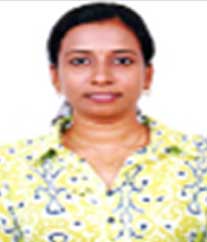 |
| 6 | Dr.Prem richardson | MD (BIOCHEMISTRY) | SENIOR RESIDENT | 118742 | 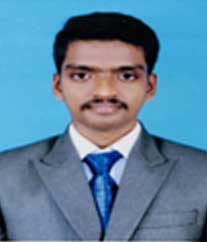 |
| 7 | Dr.Sumithra | MD (BIOCHEMISTRY) | SENIOR RESIDENT | 103625 | 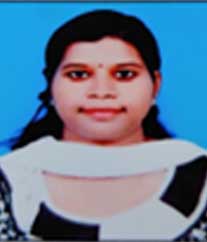
|
| 8 | Dr.D.Jagadeesh Kumar | MBBS DCH | TUTOR | 61060 | 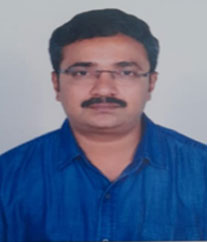
|
| 9 | Dr.R.Paramaguru | MBBS DCH | TUTOR | 84906 | 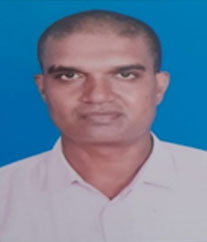
|
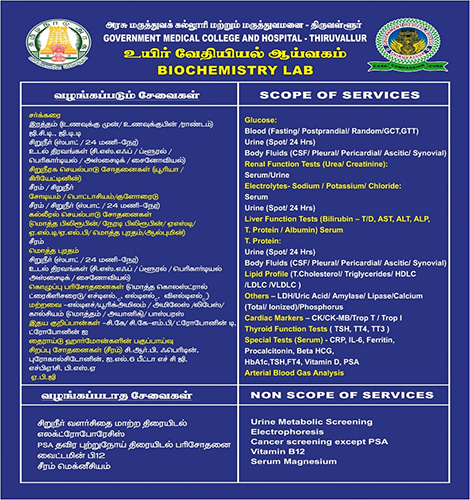
The Department of Biochemistry at Government Medical College and Hospital, Thiruvallur, plays a pivotal role in delivering essential diagnostic, monitoring, and prognostic services to both inpatient and outpatient departments. Functioning as a backbone of clinical decision-making, the Biochemistry laboratory is equipped to provide a wide spectrum of investigations catering to emergency, routine, and preventive healthcare needs.
The laboratory extends services to:
The Biochemistry Lab is also aligned with national health programs:
The department is progressively aligning toward:
Department of Biochemistry conducts academic activities:
Competency-Based Teaching: Emphasis is placed on structured, outcome-driven teaching of biochemistry competencies, integrating clinical relevance, professionalism, and clinical biochemistry in alignment with CBME standards.
Small Group Teaching & Early Clinical Exposure (ECE): Students participate in interactive small-group discussions and ECE modules to relate biochemical knowledge to clinical practice.
Vertical and Horizontal Integration: Collaborative sessions are conducted with other pre-clinical and clinical departments to ensure a holistic and contextual approach to biochemistry learning.
Formative and Summative Assessments: Regular assessments including MCQs, OSPEs, viva-voce, and written exams are conducted as per CBME norms, ensuring continuous feedback and academic progression.
Self-Directed Learning (SDL): SDL sessions are integrated to promote independent learning and lifelong learning skills among students.
Skill Development and Attitude-Ethics-Communication (AETCOM):Basic procedural skills, along with modules on medical ethics and communication, are introduced early in the curriculum through the AETCOM component.
MBBS ELECTIVES posting- Pre final year MBBS The MBBS electives posting in Biochemistry offers undergraduate medical students a unique opportunity to explore advanced and applied aspects of biochemistry beyond the core curriculum. It typically spans 2 weeks and is designed to enhance analytical thinking, research orientation and understanding the clinically applied biochemical basis of disease
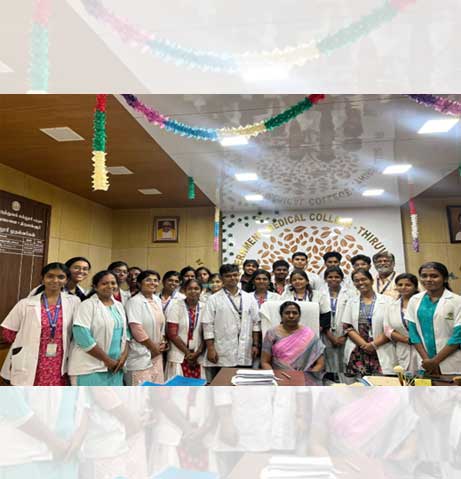
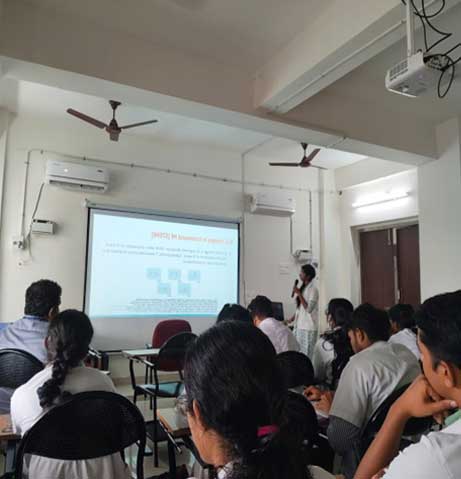
Academic Support and Mentoring: Faculty-guided mentoring for academic
assistance, doubt clearance, and early research orientation.
The department remains committed to high-quality teaching and fostering a clinically
oriented biochemistry foundation essential for future medical training and research.
Allied Health Sciences Teaching: The department provides biochemistry teaching for paramedical and allied health science programs, including certificate course for
From GMC, THIRUVALLUR and providing internship for private colleges near thiruvallur. Tailored academic content, seminars and practical sessions are conducted to meet the specific needs of each course, with a focus on laboratory biochemistry.
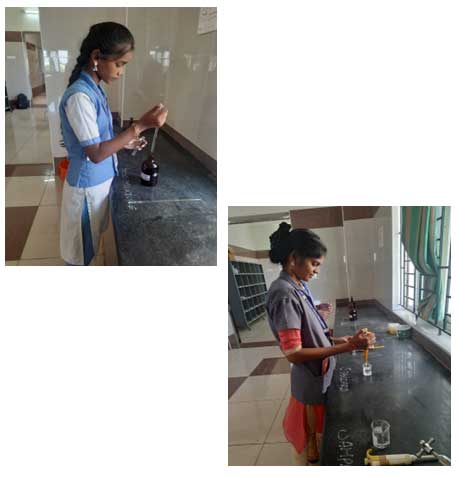
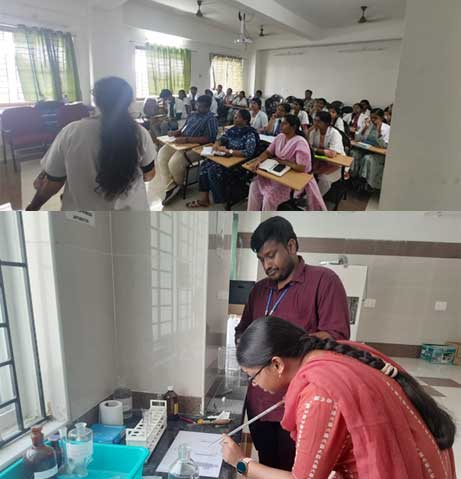
S. No |
Upcoming Research Projects | Name of the Investigators and Co-investigators/Guides/Co-guides |
| 1 | 1.A study to determine the relationship between Vitamin D3 levels
and cardiovascular disease in patients attending a tertiary care
hospital 2.“Relevance between lipid metabolism and serum inflammatory marker (CRP) in diabetic retinopathy patients in a tertiary care hospital” 3.The Association between Alcohol intake and HbA1c levels in the general Population in a tertiary health care hospital. 4.Relevance between lipid metabolism and serum inflammatory markers in diabetic retinopathy tertiary care centre. 5.Perceptions and Attitudes of Males residing in Urban and Rural Areas towards the use of Contraceptives – A Mixed-Methods Study” 6.Comparison of serum uric acid levels in patients with type 2 diabetes mellitus with and without nephropathy” 7.A Comparative Study of Serum Sodium and Potassium in Smokers vs Non-Smokers attending a tertiary care hospital”- 8.Association between serum uric acid levels and cardiovascular risk among adults” |
Dr. K S Premkumar |
| 2 | 1. Association of Vitamin D3 levels and cardiovascular disease- A
case control study in patients attending tertiary care hospital 2. Association of Uric acid levels in Hypertensive patients attending tertiary care center |
Dr.P. Renuka r |
| 3 | 1.comparision of serum uric acid levels in patients with type 2
diabetes mellitus with and without nephropathy |
Dr. Arthur Amit Suryakumar |
| 4 | 1.The association between alcohol intake and hba1c levels among the
general population in a tertiary hospital 2.Relevance betweeen lipid metabolismand serum inflammatory markers in diabetic retinopathy patients in a tertiary care hospital |
Dr.Keerthi.P |
| 5 | Association of Vitamin D3 levels and cardiovascular disease- A case control study in patients attending tertiary care hospital | Dr. Logapriya R S |
| 6 | 1.“Assessment of Cognitive Function, Vitamin D Levels, and
Psychological Stress Among CKD Patients Undergoing Hemodialysis – A
Cross sectional study.” 2.“Prevalence of Peripheral Neuropathy among Patients with Diabetes mellitus taking Oral hypoglycemic agents vs Insulin - Comparative study.” |
Dr.Prem richardson |
| 1 | Rengarajan Geethanjali, Murugan Ganesh, Anjana Vinod, Elumalai Ramprasad, Varadharajan Jayaprakash, Correlation of Beta Trace Protein Levels with Serum Creatinine-Based Estimated Glomerular Filtration Rate Equations in Chronic Kidney Disease; Giornale Italiano di Nefrologia, 2023 |
| 2 | Tamilmani K, Anithasri A, Gunavathi G, Premkumar KS. Comparison of academic performance of medical undergraduate students between routine class room teaching and online assisted teaching in biochemistry during COVID pandemic. Biochem Mol Biol Educ. 2023 Jan;51(1):81-88. |
| 3 | Premkumar.K.S Evaluation of Cardiovascular Risk in Post COVID-19 Infection Patients using Atherogenic Index Afr.J.Bio.Sc. 6(15) (2024) Page 14275 to14277 |
| 4 | Umamaheswari. V, Renuka. P, Veena Juliette Association of Cholesteryl Ester Transfer Protein Gene Taq1B Polymorphism and the Associated Lipoprotein Levels with Coronary Artery Disease International Journal of Pharmaceutical and Clinical Research 2024; 16(2); 1143-1148 |
| 5 | R.PREM RICHARDSON, P.ASHOK KUMAR Significance of Interleukin-6 as Early Biochemical Marker in Rural Pre-Eclamptic Pregnant Women IOSR Journal of Dental and Medical Sciences (IOSR-JDMS) e-ISSN: 2279-0853, p-ISSN: 2279-0861.Volume 21, Issue 9 Ser.1 (September. 2022), PP 46-49 |
| EVENTS AND SEMINARS COMPLETED | |||
| 1 | CATENA 25 | 28-06-2025 | QUIZ COMPETITION FOR I MBBS STUDENTS |
| 2 | Model competition | 19-05-2025 | FOR FIRST MBBS STUDENTS 2024 BATCH |
| 3 | Micro CME | 12-12-2024 | PRE- ANALYTICAL VARIABLES |
| 4 | CME- Catena 23 | 23-06-2023 | HOLISTIC APPROACH TO INBORN ERRORS OF METABOLISM |








